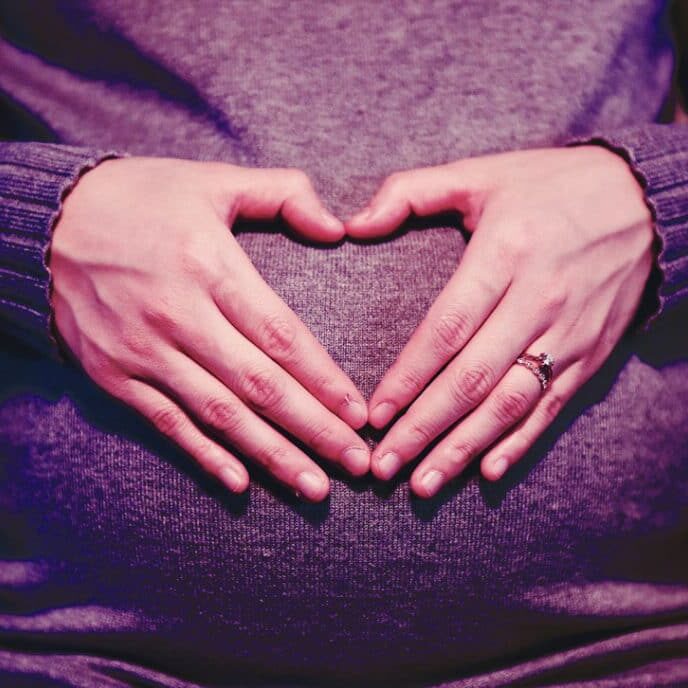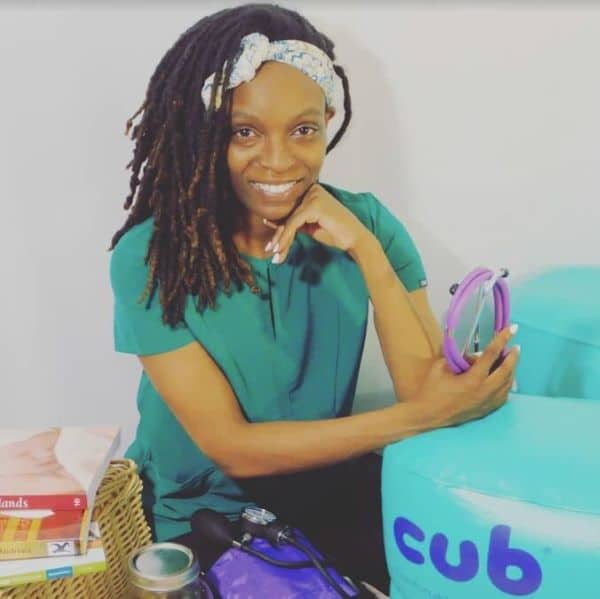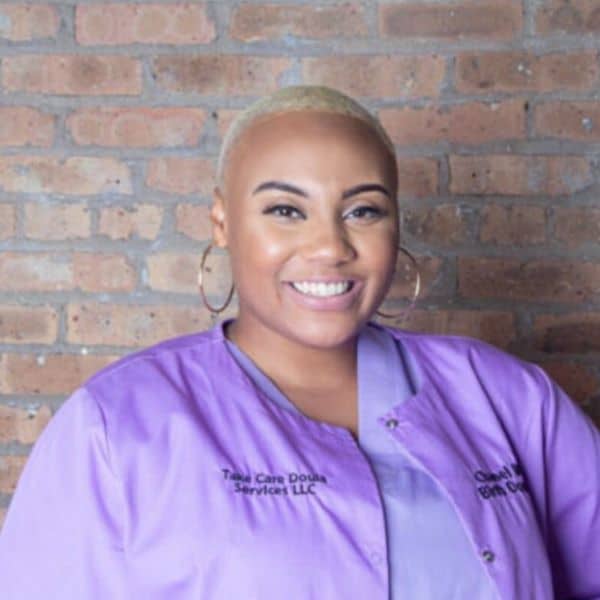Pregnancy Wellness
6 Steps to Have a Healthy Pregnancy & Newborn Transition During COVID-19 Outbreaks

If you’re expecting a baby, there’s a lot on your mind as you plan for ways to have a healthy pregnancy and get off to a great start. When the world adds stressors and worries about possible pandemics, it’s easy to feel overwhelmed. We share tips from past pandemic situations (H1N1) and what we are doing now for our clients.
Our work is to take the stress out of parenting…even in these stressful times. Let’s take you through ways that you can be prepared.
6 things you can do NOW to stay safe
#1 Follow usual precautions
-
- Handwashing & hand sanitizer use
- Staying away from people exhibiting symptoms
- Avoiding touching your face
- You have FULL permission to keep your distance and avoid those social interactions, for example, when strangers want to touch your belly. Skipping the hugs and the handshakes are also a good idea.
#2 Continue doing what you would normally do to have a healthy pregnancy
Eat well, and diversely. Those micronutrients are important for immunity. Continue supplements. Consider immune support in conversations with your health care provider, such as Vitamin C, or reishi extracts. Staying away from restaurants? Let us cook some home-made nutritious meals for you.
Sleep well, do what you can to LIVE a low-stress lifestyle, and to MANAGE the stress that comes your way. Stress buffers, such as mindfulness practices, good nutrition, exercise, and social support mitigate the impacts of stress on your health and strengthen your ability to defend against illness.
#3 Plan for a low-intervention birth if it’s available to you—and minimize your time in hospital
The best way to stack your odds is through preparation. Take a quality childbirth class, learn about options for comfort, cultivate confidence, and consider hiring a doula.
A doula can help you prepare and be with you continuously throughout your birth. This can be of particular value if there are staff shortages at the hospital or birth center. They can also help you to stay home as long as possible during early labor. Having a doula at your side has been shown to increase the chances of a normal vaginal birth. This means you’ll likely be home sooner. This minimizes the risks of hospital-acquired infection.
Ask about early discharge. Some of our clients have opted to organize additional support for postpartum care, have their lactation visits/weight checks at home, and elected to leave the hospital after they’re stable—usually after 12-24 hours. This isn’t a realistic expectation for parents recovering from a cesarean, but talk to your provider at your next visit and see what’s available to you.
#4 Prepare and create a support system for breast/chest feeding
We’re still learning about COVID-19 and how it behaves, but all that we know about immunity and current findings point toward the heightened importance of providing human milk to newborns and infants. Early research points toward the benefits of newborns being breast/chest fed, in part due to the presence of antibodies in the milk that help to provide protective immunity. It’s possible that access to lactation services may be limited if outbreaks occur. Plan ahead and see if it’s possible to reserve someone’s time, even before you deliver.
#5 Reconsider your family and friends visitor plan when baby arrives
Multiple family members or friends undertaking travel may not be realistic, feasible or the most protective for everyone involved. Both the Centers for Disease Control and Prevention and the World Health Organization indicate that older persons are more at risk, so grandparents might need to be paying more attention to their health than their pregnant adult children! Travel for family planning to visit or provide support may need to be delayed. Consider hiring a doula—ideally in advance. That way care plans can be solidified with as few people coming in and out as possible.
#6 Get ‘prepped’
Here are a few things to consider:
-
- Go ahead and get the things you need for your baby’s arrival now—diapers, wipes, etc.
- Think about putting together 3 months of supplies for your pantry, stocking up on fresh foods that have a ‘refrigerator shelf-life’, such as apples, cabbages, frozen fruit and other things that you typically buy fresh in a weekly shopping trips.
- Get a large supply of hand towels or paper towels. If you wish to avoid using disposable towels, have a large stock of small hand towels on hand that you can wash in the hot cycle. This ensures your single-use approach is sustainable.
- Get a stockpile of laundry detergent, cleaning supplies, and rubbing alcohol if you can’t find hand sanitizer. Don’t forget plenty of lotion, because there will be lots of handwashing. If you don’t already have them, now is a great time to get a touch-free garbage receptacles or items like a bottle sanitizer, electric breast-pump, and a diaper-receptacle.
Although typically respiratory illness is more dangerous for pregnant persons, it does appear that COVID-19 has had the LEAST impact on children and pregnant persons. But do pay attention to your health and wellbeing and if you are symptomatic please contact a medical professional immediately.
Contact us! We’re happy to talk with you about planning for doula support.
Watch here for more information, including our upcoming ultimate “Parent Prepper” scorecard and more tips on having a healthy, happy and sweet time as a family.
























